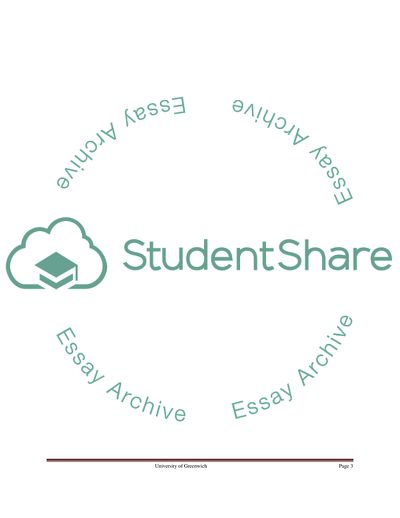Cite this document
(Auditor Independence and Scepticism Research Paper - 1, n.d.)
Auditor Independence and Scepticism Research Paper - 1. Retrieved from https://studentshare.org/law/1747918-auditor-independence-and-auditor-scepticism
Auditor Independence and Scepticism Research Paper - 1. Retrieved from https://studentshare.org/law/1747918-auditor-independence-and-auditor-scepticism
(Auditor Independence and Scepticism Research Paper - 1)
Auditor Independence and Scepticism Research Paper - 1. https://studentshare.org/law/1747918-auditor-independence-and-auditor-scepticism.
Auditor Independence and Scepticism Research Paper - 1. https://studentshare.org/law/1747918-auditor-independence-and-auditor-scepticism.
“Auditor Independence and Scepticism Research Paper - 1”. https://studentshare.org/law/1747918-auditor-independence-and-auditor-scepticism.


